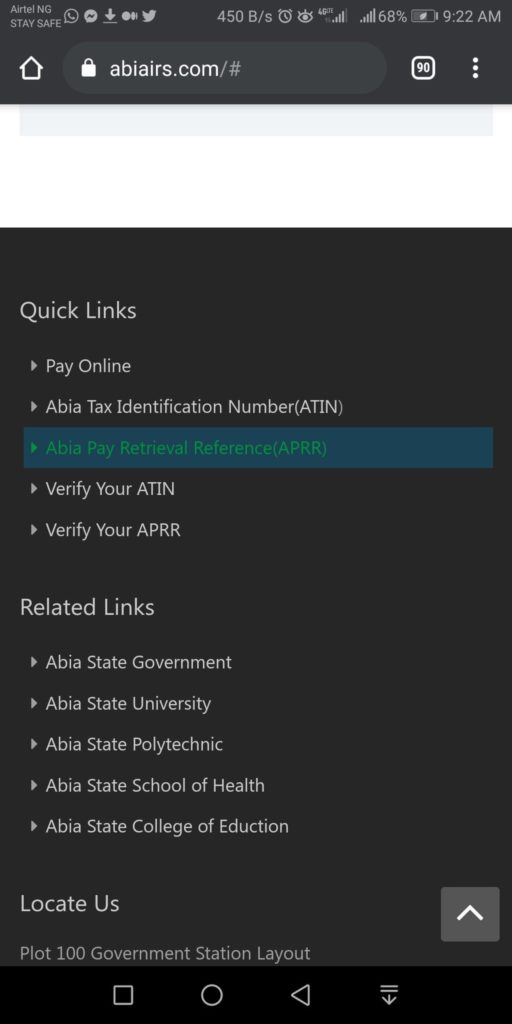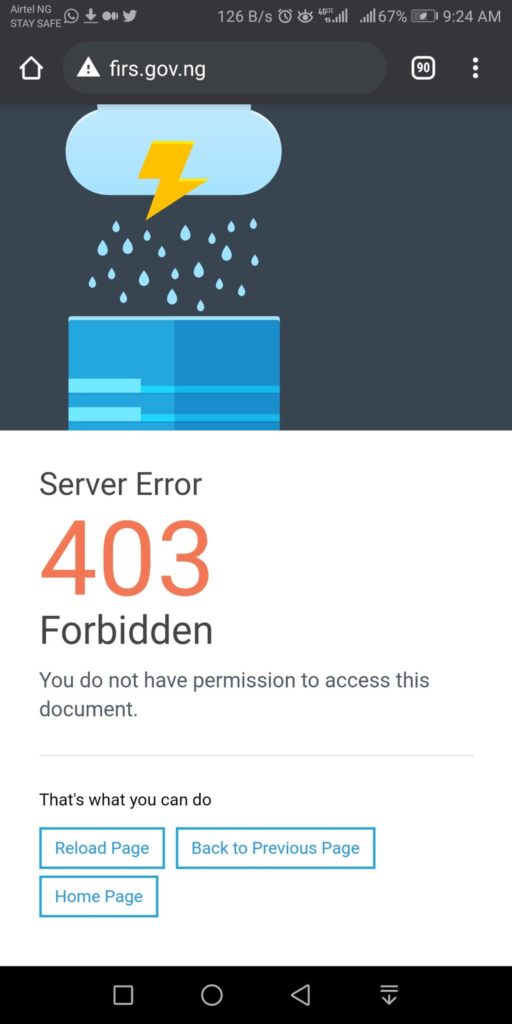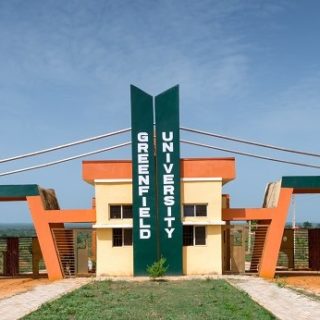Citizen is a column that explains how the government’s policies fucks citizens and how we can unfuck ourselves.
In November 2019, 24-year-old Kola* visited his Local government office to register for his national identification number (NIN). When he got there, the staff told him that they weren’t working as one of their members had been slapped. “I was like, why should that stop everyone from working? Then I tried to call the line of their bosses [that I found on Twitter] but the line just kept ringing, and I never got a response,” he says of the experience.
Kola* had been hoping that someone with more authority would mediate the situation and get the staff working again. But that never happened and he had to find another local government office to complete his registration as he needed his NIN to unfreeze his bank account at the time.
Lydia is another Nigerian who has found the process of reaching out to a local government to be virtually impossible. “In September last year, I needed to produce my tax identification number for work.” the 25-year-old says.
“I decided to go to the state’s website and read up on what needed to be done. The website was [and is still] a mess. Broken links, incomplete pages, no links sometimes, and unclear information. Then I decided to call the local government’s helpline. I called these people consistently for over a week and it would ring but the handler would end the call on me. I kept trying to reach them and eventually one day the handler sent me a message asking me to send them a text. I sent a text message and until today no one has responded.”


Why Is The Local Government So Important?
The local government is designed to be the most immediate channel through which Nigerians can reach the government. Nigerians have the right to engage with their local government chairperson regarding any changes they would like to see happen in their environment. Some of the functions of your Local Government include:
- construction and maintenance of roads, street lightings, drains and other public highways, gardens, open spaces or such other public facilities as prescribed from time to time by the House of Assembly of a state;
- The naming of roads and streets and numbering of houses;
- provision and maintenance of public conveniences, sewage and refuse disposal facilities;
- registration of all births, deaths, and marriages.
But how often do Nigerians reach out when they need to make a complaint about the poor state of the roads in their neighborhood or the deplorable state of their local government schools?


Kingsley Esene, a lawyer we spoke to believes that the communication line is not as strong as it should be. “Many Nigerians hardly reach out to their representatives even though at the National Assembly there is a mechanism put in place that can enable you to know and be able to reach out to your representative,” he says. “If you take 10 Nigerians and ask them if they know their rep like senator or house of rep, maybe it is only 1 out of the 10 that will know. We are not a politically conscious people as we might claim to be.”
Why Are Nigerians Unwilling To Reach Out To Their Local Government?
For many of the Nigerians we spoke to, the main problem is the lack of strong communication structures. There is also the case of many not knowing how best to reach out to their local government.
“The thing is I’ve never bothered with anything that has to do with an inquiry in my local government because I feel it’d either be a total waste of time and money or I’d just get frustrated and finally, aired.” 20-year-old Tobi* says. “If I ever go to my local government for an inquiry of any sort, just know I was desperate.”
Kingsley Esene tells us that the local government’s limited power, which is often overshadowed by the state government’s authority is another factor that slows down progress in communities and makes communicating with our local government difficult. “The way our federalism is being run, our local government is almost none existent. The state government has assumed most of the responsibilities that ordinarily should be for the local government. The reason for this also is because the local government does not get its allocation directly from the federal government like the state government.
The allocation goes to the state government who in turn gives whatever they like to the local government. And because many of the local government chairpeople are stooges to the governors, they don’t say anything or fight back when they receive their allocation. So most of the allocation that much local government gets from the state is just going into satisfying recurrent expenditure,” he explains.
How Can This Be Fixed?
Kingsley Esene believes that any necessary change of attitude towards how Nigerians communicate with their local government officials will begin with building stronger communication structures and ensuring that people have minimal trouble reaching their representatives.
“If we had a functional local govt system, the complaints will be attended to faster since your local govt is close to you, there will be in a better position to access that complaint and address it. For example, some inter street roads that are bad can be repaired by the local govt but you see such roads still being repaired by the state government maybe after waiting for years here is supposed to be like a public complaint department or office in every local government.”




